
In the wake of the recent social media uproar ignited by Afua Asantewaa’s sing-a-thon – a Guinness World Record attempt, and the cautious advice from Rex Omar, GHAMRO’s Chairman, urging her to disclose her intended song list, a crucial dialogue has emerged. Rex Omar’s warning, highlighting the potential consequences if Afua failed to provide the list, adds a weighty dimension to the discussion. While the freedom to perform one’s original compositions remains unimpeded, a notable shift occurs when a person chooses to showcase works authored by others. Here, securing consent from the original creators, duly acknowledging their contributions, and potentially compensating them with royalties, becomes paramount.
Afua’s situation and GHAMRO’s stance uncovers a layer often overlooked in discussions surrounding copyright and intellectual property; it vividly underscores the essence of intellectual property (IP), emphasising why individuals invest considerable time and effort in creating works deserving of protection. This discourse casts a revealing light on the concern I emphasised in my last article: The glaring Gap in Intellectual Property (IP) Education throughout Ghana. To have an appreciable grasp of the implications of this scenario and related matters, a deeper exploration into the intricacies of copyright law is indispensable, highlighting the crucial need for heightened awareness and advocacy surrounding copyright legislation in Ghana.
What is copyright?
Copyright is a fundamental right that empowers creators, including writers, artists, musicians and software developers, to receive financial compensation and acknowledgment for their creative endeavours. This right grants them the authority to control the use of their works by others. Literary and artistic expressions, such as books, music, paintings, computer software, plays and movies, fall under the umbrella of copyright-protected works. In Ghana, the Copyright Act, 2005 (Act 690) and the Copyright Regulations, 2010 (L.I. 1962) provide the legal framework for copyright protection. These laws contain comprehensive provisions aimed at ensuring that authors are duly recognised and rewarded for their contributions. Additionally, they serve to educate the public about their rights and obligations under copyright law.
Purpose of copyright system
The copyright system serves two primary objectives: ensuring just rewards for authors and creators of literary and artistic works, and promoting public interest and dissemination of cultural content. In addition to the Copyright Act, 2005 (Act 690) and its Regulation (LI 1962), Ghana is also bound by several international agreements that influence its copyright system: The Agreement on the Trade-Related Aspects of Intellectual Property (TRIPS) (1994), WIPO Copyright Treaty (WCT) (1996), Berne Convention for the Protection of Literary and Artistic Works (1971), and WIPO Performances and Phonograms Treaty (WPPT) (1996). These international treaties play a crucial role in shaping copyright laws globally and ensuring adequate protection for creators’ rights across borders.
Works safeguarded by copyright law
Under Section 1 of the Copyright Act, 2005 (Act 690), various types of works are eligible for copyright protection, including artistic works (e.g., paintings, architectural designs, sculptures), literary works (e.g., novels, textbooks, essays), musical works, sound recordings, choreographic works, audiovisual works, derivative works, and computer software/programmes. For local artisans, fashion designers and others creating unique works, registering their creations with the Copyright Office is crucial. This registration provides legal protection, allowing creators to take action against anyone who copies or infringes upon their works. In case of infringement, creators can file a complaint with the Copyright Office to seek resolution.
Conditions for copyright protection
As outlined by His Lordship Justice (Rtd) N. O. A. Amegatcher, a prominent authority on copyright law in Ghana, qualifying for copyright protection entails meeting specific conditions. Firstly, the work must possess originality and be created by either a Ghanaian or a resident of Ghana. Additionally, it must be expressed in a tangible form, such as being written down, recorded or materialised in some manner. Secondly, the work must satisfy one of two criteria: it must either be initially published within Ghana, or if published abroad, it must subsequently be published in Ghana within a 30-day period. Alternatively, the work may fall under international treaties, like the Berne Convention, to which Ghana is a party, thereby obliging the country to grant protection to such works. It is essential to understand that copyright only protects tangible expressions of creative works, not abstract ideas, concepts, methods or procedures.
How is copyright obtained?
Copyright is obtained automatically by the author or creator of a work the moment it is created. This means that the work is protected even if it is not formally registered at the Copyright Office. One might wonder why then is it necessary to register at the Copyright Office. Registering your work is highly recommended because while multiple individuals may conceive similar ideas simultaneously, registration establishes a concrete record of ownership and originality. Being the first to register a work provides legal grounds to prevent others from using it without authorisation. The Copyright Office maintains records of registrations, ensuring that the first registrant is protected against unauthorised use by others.
Duration of copyright
His Lordship Justice N. O. A. Amegatcher delineates the duration of copyright into three distinct categories. First, there are instances where protection is perpetual. Second, copyright protection may span the life of the author plus 70 years after their death. Third, copyright may endure for a fixed term of 70 years. These varied durations provide creators and authorised users ample time to derive economic benefits from their works. For those seeking to utilise protected works, adherence to copyright laws is paramount. This involves either utilising works that have entered the public domain due to expired protection periods or obtaining explicit permission from the copyright holder for usage under agreed terms.
Rights of authors under the copyright law
Under Sections 5 and 6 of Act 690, the owner of a copyright has two types of exclusive rights: economic rights and moral rights. Economic rights are those that enable the creator or rights holder to gain financial rewards from the use of the work by others or by themselves. These rights are transferable and can be sold or licensed. In Ghana, the Ghana Music Rights Organization (GHAMRO) is responsible for protecting the rights of copyright holders and ensuring they receive their due royalties in the music industry. Section 5 of Act 690 grants creators various economic rights, including the right of reproduction, translation, adaptation, arrangement, public performance, broadcasting, communication to the public, distribution and rental. If someone who is not a rights holder wishes to exercise any of these rights, they will need consent or a licence from the rights holder.
It is important to note that when a creator is employed to produce a work, the economic rights in the work belong to the employer, unless there is a contract stating otherwise (Section 7 of Act 690). Moral rights, on the other hand, are rights that give the owner of the work recognition, such as the right of attribution (to be named as the author). They also include the right to object to any distortion, mutilation or modifications that would be prejudicial to the reputation of the author or discredit the work. Unlike economic rights, moral rights cannot be transferred, and they exist indefinitely.
Permitted uses and authorisation
There are specific circumstances where copyrighted work can be used without infringing on the rights of the owner. These permitted uses of copyright include reproduction of a work (e.g., a CD) for personal use, quotations from a protected work with proper attribution, use of a work for illustration in teaching, utilisation of a work for news reporting, and creation of a single back-up copy by archives and libraries.
To obtain authorisation to use a copyright-protected work, one can pursue either an assignment or a licence from the copyright owner/holder directly or indirectly from a Collective Management Organisation (CMO) responsible for managing the rights associated with the work. In Ghana, CMOs, such as the Ghana Music Rights Organizations (GHAMRO), Audiovisual Rights Society of Ghana (ARSOG), and CopyGhana (Reprographic Rights Organization), facilitate the process of obtaining authorisation for the use of copyrighted works.
Copyright infringement occurs when any individual undertakes an activity that the copyright owner has the exclusive right to do or prohibit, without prior permission. This violation of the owner’s copyright is defined in Section 42 of Act 690. It’s important to note that both economic rights and moral rights can be infringed upon.
Remedies for copyright infringement
– Criminal sanctions: Criminal sanctions for copyright infringement allow the copyright holder to initiate legal action against offenders. Upon conviction, offenders may face fines ranging from not less than 500 penalty units to not more than 1000 penalty units, or a term of imprisonment of up to 3 years, or both. In cases of continuing offenses, additional fines of not less than 25 penalty units and not more than 100 penalty units for each day of continued infringement may apply. Alternatively, copyright holders can pursue civil action in the High Court to seek damages or compensation.
– Settlement: Parties involved in a copyright dispute have the option to seek settlement by petitioning the Copyright Administrator, as outlined in Section 48 of Act 690. It is important to note that both criminal and civil proceedings can be initiated simultaneously.
– Border measures: Border measures, as outlined in Section 47(6) of Act 690, enable rights holders to directly petition Customs for the detention of imported goods that infringe on copyright or are ready for export. In such cases, the applicant or rights holder, must provide a detailed description of the goods and demonstrate evidence of infringement or an imminent infringement. Additionally, Section 26(1) stipulates that Customs officers must not permit the importation of copyrighted works without written clearance from the rightful owner and the Copyright Office, unless satisfied that the goods are not pirated products.
Education: In addition to the measures outlined, the Copyright Office in Ghana plays a vital role in educating and raising awareness about copyright laws and the significance of respecting these rights. This educational initiative extends beyond the office staff to encompass the entire population, particularly creators of copyrighted works. Through educational programmes, seminars and workshops, individuals can gain a better understanding of copyright laws and their implications. Moreover, with the advent of technology, tools and systems have emerged to monitor and prevent online copyright infringement. Technologies, such as digital rights management (DRM) and content identification systems, offer effective safeguards for digital content. Therefore, the Copyright Office can provide guidance to rights holders on utilising these tools effectively to protect their intellectual property in the digital realm.
Collaboration and partnerships: Collaboration and partnerships also play a vital role in enhancing efforts to combat copyright infringement. By fostering cooperation among government agencies, rights holders, law enforcement, their respective societies and international organisations, collective action can be strengthened. Entities such as the World Intellectual Property Organization (WIPO) and Interpol serve as valuable partners in sharing information and resources to address copyright violations effectively. Furthermore, CMOs like GHAMRO, ARSOG and CopyGhana have a crucial role in ensuring fair compensation for the use of copyrighted works. It is essential that these organisations promptly and fairly distribute royalties to rights holders, thereby incentivising more creators to participate in copyright protection efforts. Moreover, the government can provide support to empower these organisations in managing licensing agreements and efficiently collecting royalties on behalf of rights holders.
Conclusion
Fostering awareness of copyright in Ghana is imperative for various reasons. Firstly, educating creators about copyright enables them to safeguard their works, control usage, and receive fair compensation. This, in turn, fosters a culture of innovation by assuring creators that their works will be protected. Strong copyright laws and awareness also attract investment in creative industries, driving economic growth and job creation. Moreover, knowledge of copyright simplifies licensing agreements, fostering collaboration and increasing opportunities for creators.
Awareness also reduces unintentional infringement, promoting respect for creators’ rights and proper use of copyrighted material. Furthermore, education aids in recognising and combating piracy, protecting creators’ economic interests and the integrity of their works. Adherence to copyright standards is crucial for participating in the global economy and fostering international collaborations. Preservation efforts extend to traditional knowledge, folklore and indigenous cultural expressions, promoting cultural heritage. Additionally, knowledge of copyright laws helps individuals and businesses adhere to legal requirements, mitigating the risk of disputes and penalties. By promoting copyright awareness, Ghana can nurture a thriving creative industry, uphold creators’ rights and contribute to national and global socio-economic advancement.
In the next article, I will delve into real-world copyright cases, allowing us to apply what we have learned so far in a practical context. Do not miss it!
About the author
Evelyn is a corporate lawyer, IP Specialist and Assistant Chief Inspector at the Office of the Registrar of Companies, Ghana. Should you have any questions or thoughts on the topic of IP or other matters, please don’t hesitate to reach out via email at [email protected] or via telephone or WhatsApp at 233-242-845-749.
The post Copyrights and creativity appeared first on The Business & Financial Times.
Read Full Story

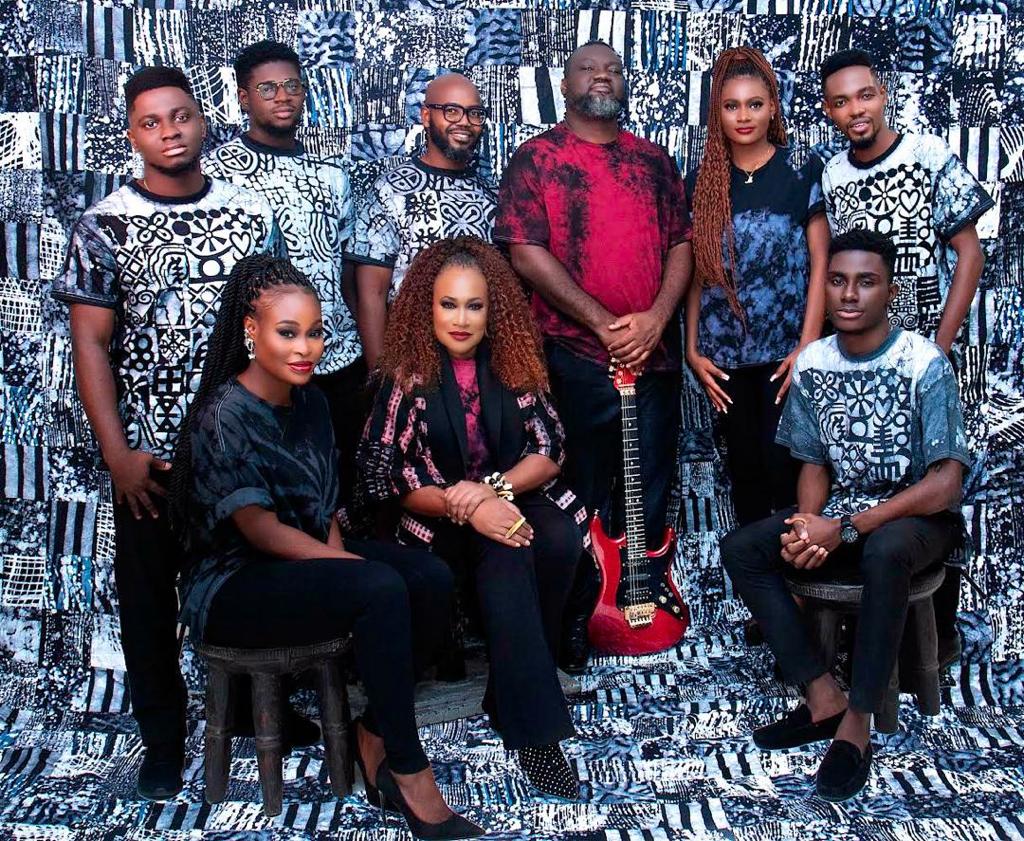
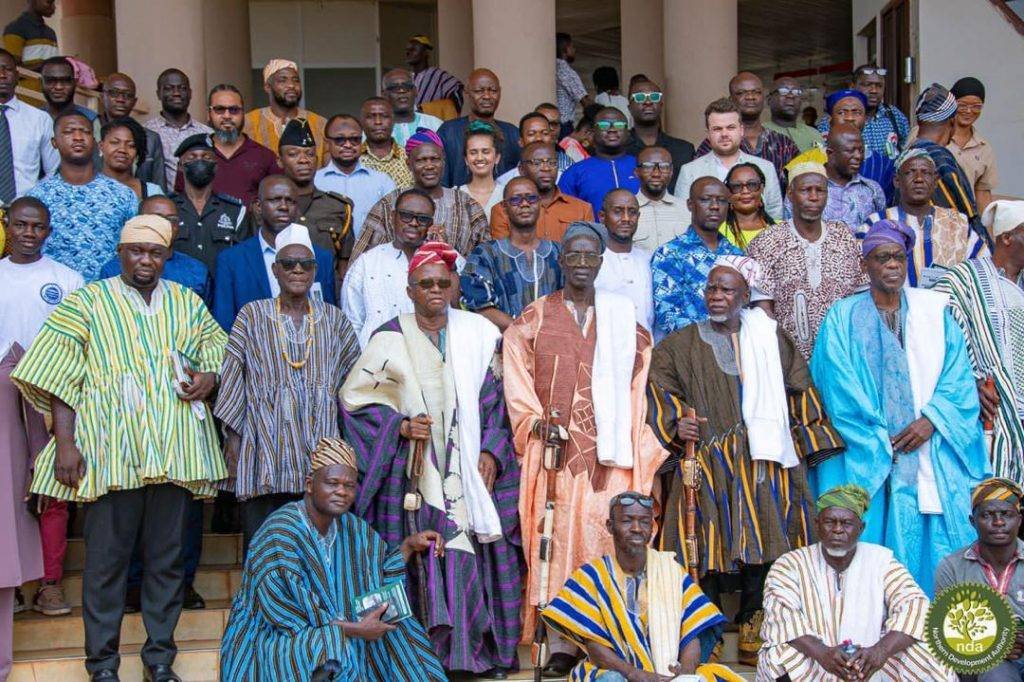



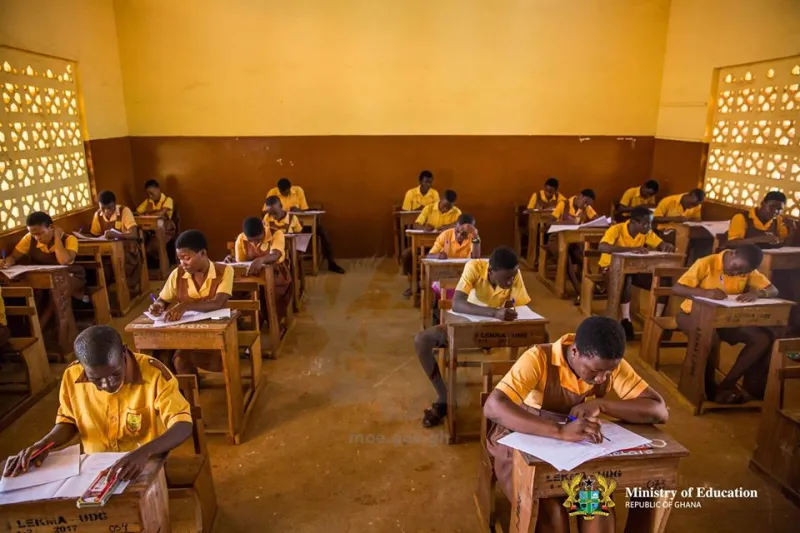
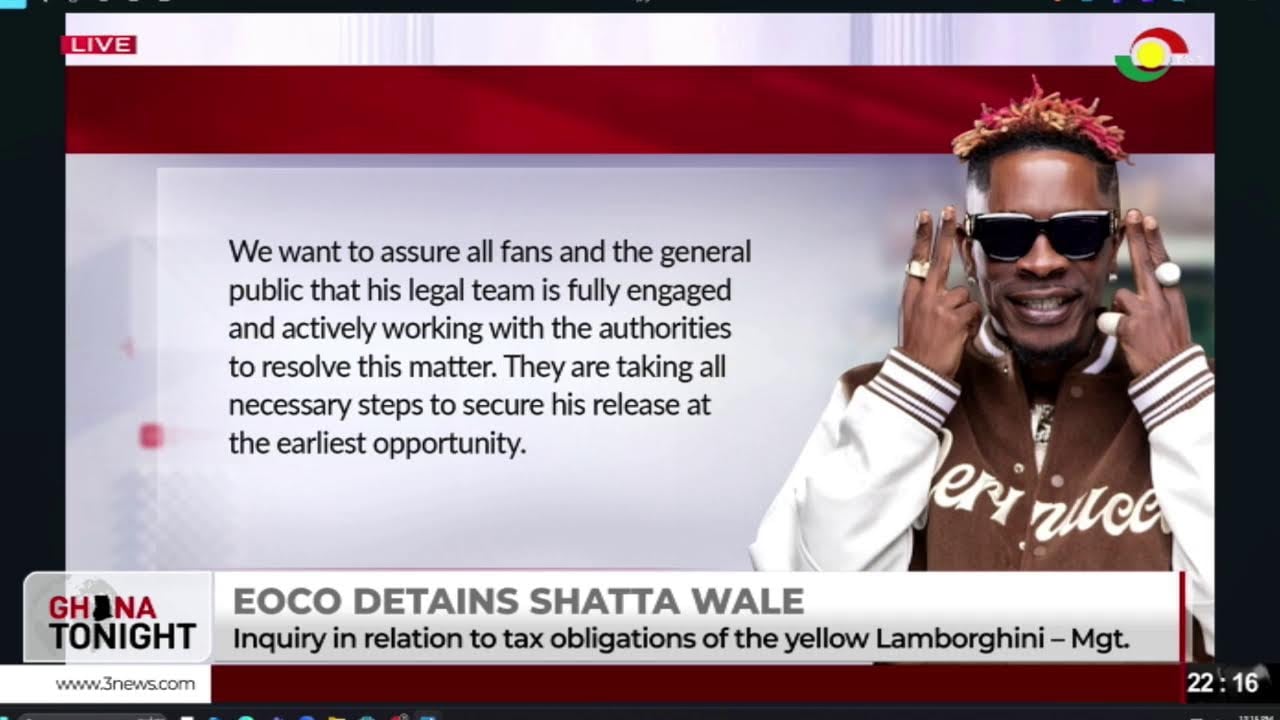




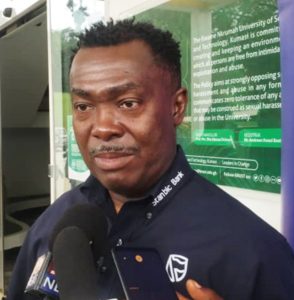

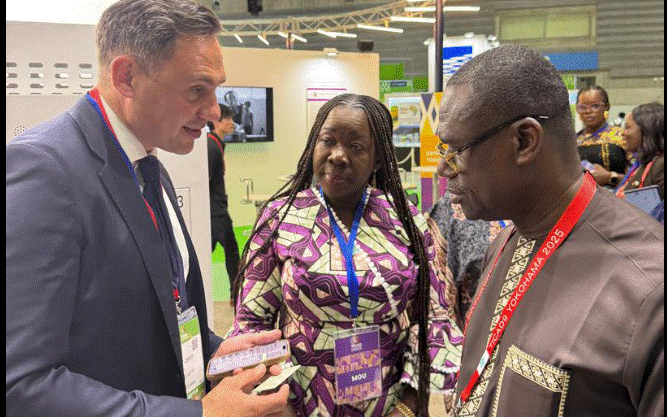
Facebook
Twitter
Pinterest
Instagram
Google+
YouTube
LinkedIn
RSS